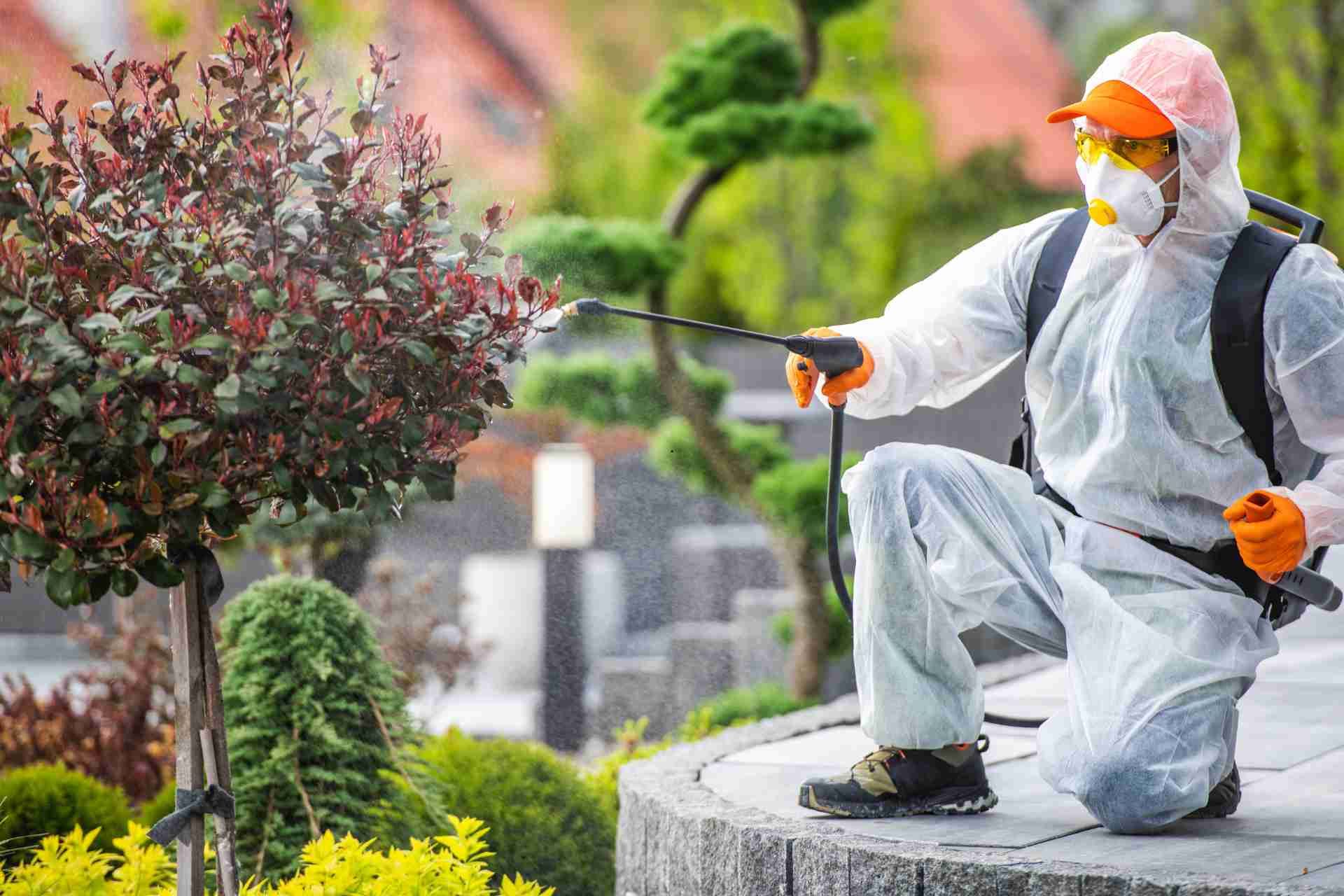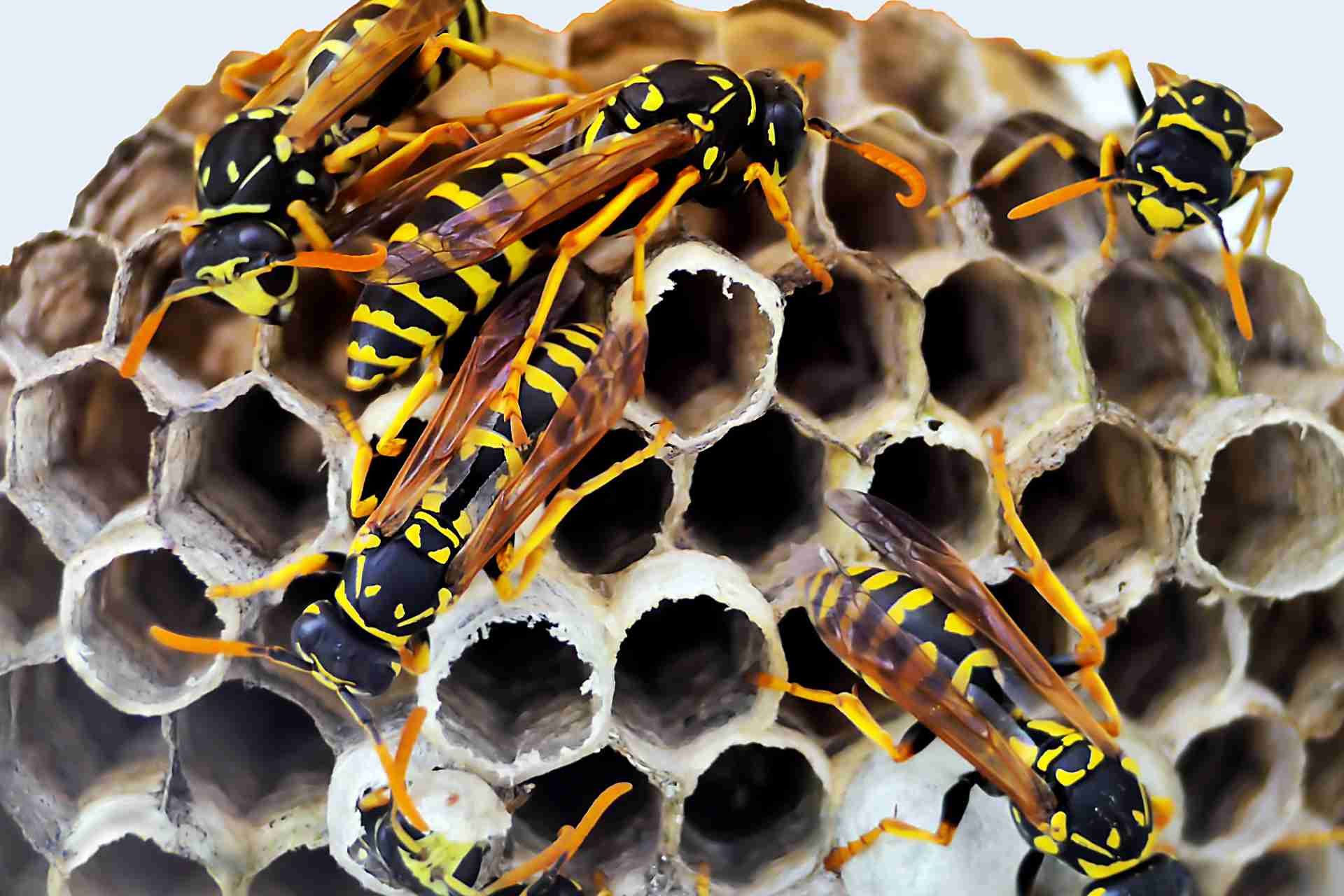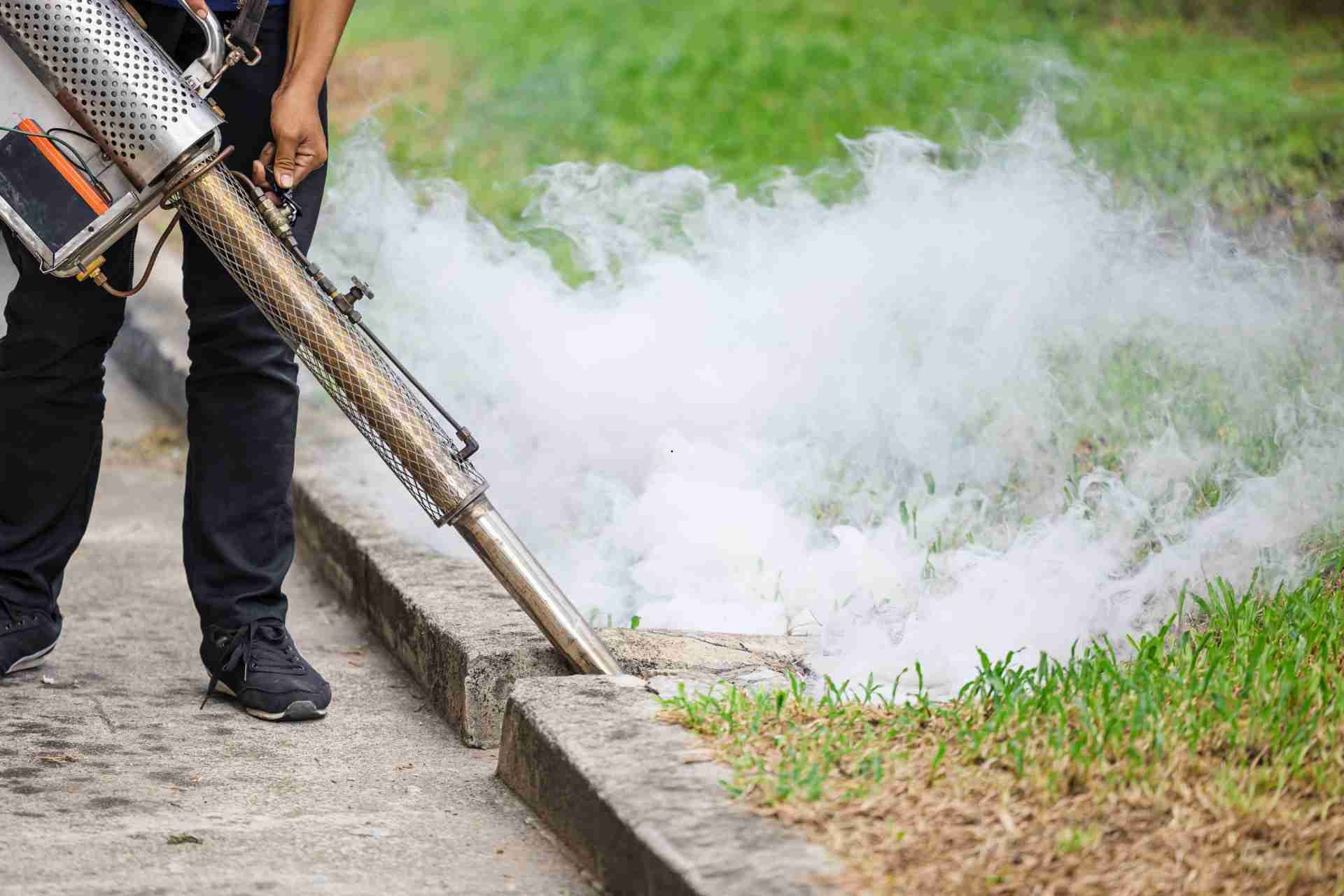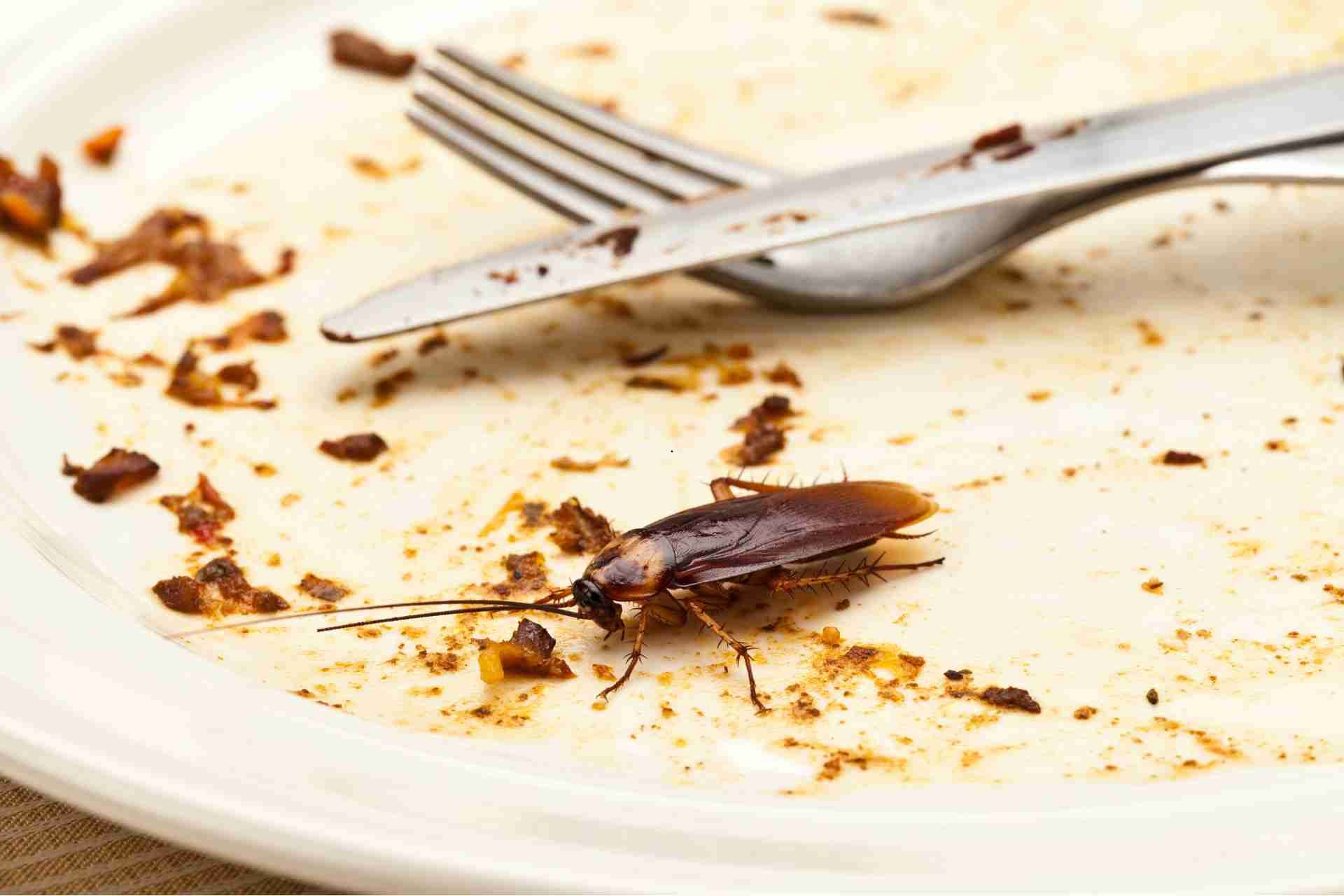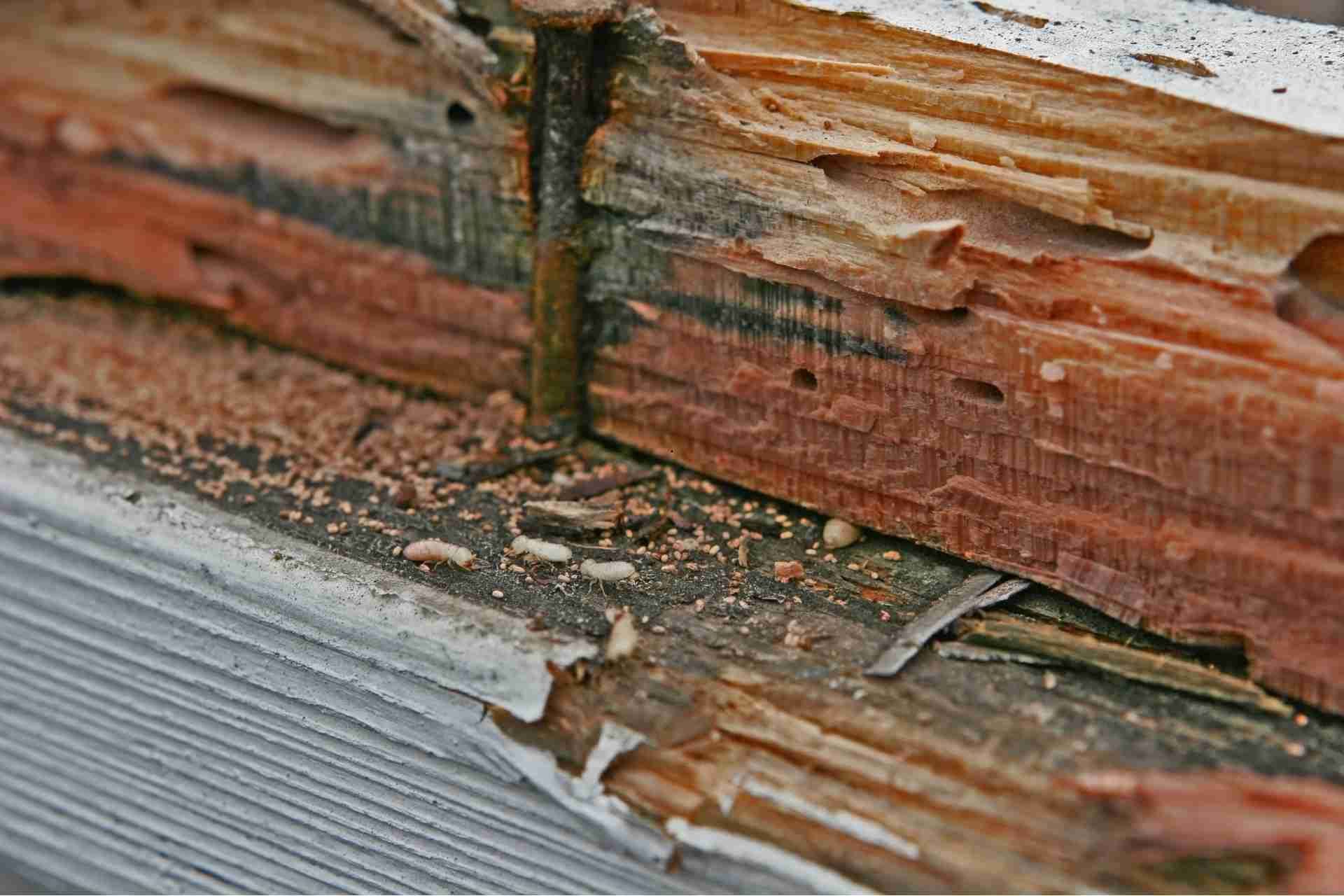10 Eco-friendly Pest Control Methods
Pest control refers to the management or eradication of pests such as insects, rodents, and other unwanted animals that can cause damage to property or pose a threat to human health.
As awareness of environmental issues continues to grow, more and more people are seeking eco-friendly alternatives to traditional pest control methods. From harmful chemicals to traps that can harm non-target species, the negative impacts of conventional pest control are becoming increasingly apparent.
Check out some of the most effective eco-friendly pest control methods that can help you keep your home free of pests without harming the environment.
1. Biological pest control
Biological pest control is a method of controlling pests using other living organisms, such as predators, parasites, or pathogens, to reduce the population of the pest species. This method is often used as an alternative to chemical pesticides, as it is more environmentally friendly and often more sustainable in the long term.
One example of biological pest control is using ladybugs to control aphid populations. Ladybugs are natural predators of aphids and can help keep their numbers in check without the need for harmful chemicals. Other examples include using predatory mites to control spider mite infestations on plants, or introducing parasitic wasps to control caterpillar populations.
2. Integrated Pest Management (IPM)
Integrated Pest Management (IPM) is a sustainable approach to managing pest populations in a way that minimizes risks to human health and the environment while also effectively controlling pests. IPM relies on a combination of biological, cultural, physical, and chemical control methods to manage pests in a way that is holistic and environmentally friendly.
The key principles of IPM include monitoring and identifying pests, implementing proactive measures to prevent pest infestations, using a combination of control methods to manage pests, and continually evaluating and adjusting pest management strategies based on monitoring data.
By using IPM, pest control can be more targeted and effective, reducing the need for chemical pesticides and minimizing the impact on non-target organisms and the environment. IPM is widely used in agricultural settings but can also be applied in homes, gardens, and other settings where pests may be a problem.
3. Mechanical control methods
Mechanical control methods are a type of pest control that involves physically removing or deterring pests using mechanical barriers or devices. Some common mechanical control methods include:
- Traps: Traps can be used to capture and remove pests such as rodents, insects, and small animals. There are different types of traps available, including snap traps, live traps, and glue traps.
- Barriers: Physical barriers, such as screens, fences, and netting, can be used to block pests from entering an area or to keep them contained within a specific area.
- Handpicking: Handpicking involves physically removing pests by hand, such as picking off insects from plants or manually removing weeds.
- Mechanical exclusion: This method involves using materials like caulking, mesh, or foam to seal gaps and cracks in buildings to prevent pests from entering.
- Vacuuming: Vacuuming can be used to remove pests such as insects, spiders, and dust mites from indoor spaces.
4. Plant-based repellents
Plant-based repellents are an environmentally-friendly alternative to traditional pest control methods that rely on chemicals. These repellents use natural ingredients derived from plants to deter pests and keep them away from your home or garden. Here are some examples of plant-based repellents that you can use to control pests:
- Neem oil: Neem oil is derived from the seeds of the neem tree and is known for its insecticidal properties. It can be used to repel a variety of pests, including aphids, ants, and mealybugs.
- Garlic spray: Garlic has natural insecticidal properties and can be used to repel pests such as caterpillars, aphids, and beetles. To make a garlic spray, simply crush a few cloves of garlic and steep them in water overnight. Strain the liquid and spray it on plants to deter pests.
- Peppermint oil: Peppermint oil has a strong scent that can repel pests such as ants, spiders, and mice. You can mix a few drops of peppermint oil with water and spray it around your home or garden to keep pests at bay.
- Citronella candles: Citronella is a natural insect repellent that is commonly used to repel mosquitoes. Burning citronella candles outdoors can help keep mosquitoes away from your outdoor gatherings.
- Marigolds: Marigolds are known for their ability to repel nematodes, aphids, and whiteflies. Planting marigolds around your garden can help protect your plants from these pests.
Using plant-based repellents is a safe and effective way to control pests without harming the environment. These natural alternatives can help you keep pests at bay while reducing your reliance on chemical pesticides.
5. Proper waste management
Proper waste management is crucial for maintaining a healthy environment and reducing the risk of pests infesting our homes and communities. When waste is not disposed of properly, it can attract pests such as rats, cockroaches, and flies, which can pose health risks to humans and pets. To prevent pests from being attracted to waste, it is important to follow these eco-friendly waste management practices:
- Reduce, Reuse, Recycle: Minimize the amount of waste generated by using reusable products, buying in bulk, and recycling materials whenever possible.
- Composting: Composting organic waste such as food scraps and yard waste can reduce the amount of waste sent to landfills and provide nutrient-rich soil for plants.
- Proper Disposal: Dispose of waste in designated bins or recycling centers to prevent littering and minimize the risk of pests infesting the area.
- Seal Waste Containers: Keep waste containers tightly sealed to prevent pests from accessing food sources and breeding grounds.
- Clean Regularly: Regularly clean and maintain waste disposal areas to remove food particles and debris that can attract pests.
6. Natural insecticides
Natural insecticides are a safe and eco-friendly alternative to traditional chemical insecticides. They are derived from plant-based or mineral-based ingredients, making them safer for the environment, humans, and pets. Here are some examples of natural insecticides that can be used as pest control methods:
- Neem oil: Neem oil is derived from the seeds of the neem tree and has insecticidal properties. It is effective in controlling a wide range of pests, including aphids, thrips, mites, and whiteflies. Neem oil disrupts the feeding and reproductive cycles of insects, ultimately leading to their death.
- Garlic spray: Garlic is a natural insect repellent that can be used to control pests in the garden. To make a garlic spray, blend a few garlic cloves with water and strain the mixture. Dilute the garlic solution with water and spray it on plant leaves to repel pests such as aphids, caterpillars, and beetles.
- Diatomaceous earth: Diatomaceous earth is a natural mineral powder made from fossilized remains of diatoms. It works by absorbing lipids from the exoskeleton of insects, leading to their dehydration and death. Diatomaceous earth is effective in controlling pests like ants, cockroaches, fleas, and bed bugs.
- Pyrethrin: Pyrethrin is a natural insecticide derived from chrysanthemum flowers. It is a contact insecticide that disrupts the nervous system of insects, causing paralysis and death. Pyrethrin is effective against a wide range of pests, including mosquitoes, flies, and moths.
- Soap spray: A homemade soap spray can be an effective natural insecticide for controlling soft-bodied insects like aphids, whiteflies, and mealybugs. To make a soap spray, mix a few of liquid dish soap with water and spray it on the affected plants. The soap disrupts the insects' cell membranes, leading to their death.
7. Habitat modification
Habitat modification is a popular eco-friendly pest control method that involves making changes to the environment to make it less hospitable to pests. This approach is particularly effective for preventing pests, such as rodents and insects, from entering a building or property in the first place.
8. Beneficial insects
Beneficial insects are an eco-friendly and sustainable method of pest control that can help reduce the need for harmful chemical pesticides. These insects prey on pest insects, helping to naturally control their populations. Some common beneficial insects used for pest control include ladybugs, lacewings, parasitic wasps, and predatory beetles.
Ladybugs are known for feeding on aphids, mealybugs, and other soft-bodied pests. Lacewings are effective predators of aphids, mites, and caterpillars. Parasitic wasps lay their eggs inside pest insects, ultimately killing them. Predatory beetles, such as ground beetles and soldier beetles, feed on a variety of pest insects.
9. DIY Traps
DIY traps can be an effective and eco-friendly method of pest control. Some common types of DIY traps include fruit fly traps, vinegar traps for ants, and DIY mosquito traps. These traps are typically made using natural and non-toxic ingredients, making them safe for the environment and for use around pets and children. DIY traps can help reduce the need for harmful pesticides and chemicals, while still effectively controlling pests in and around your home.
10. Essential oils
Certain essential oils, such as peppermint, lavender, and eucalyptus, have repellent properties that can help deter pests. These oils can be diluted and sprayed onto plants or used in diffusers to repel insects naturally.
Hire an Eco-friendly Pest Control Company in Michigan
Are you dealing with unwanted pests in your home or yard in Michigan? Look no further than Affordable Pest and Mosquito Solutions for eco-friendly and affordable pest control services. Our team of experienced technicians is committed to using safe and sustainable methods to rid your property of pests while also protecting the environment.
Contact Affordable Pest and Mosquito Solutions today for a free quote and to schedule a service.


